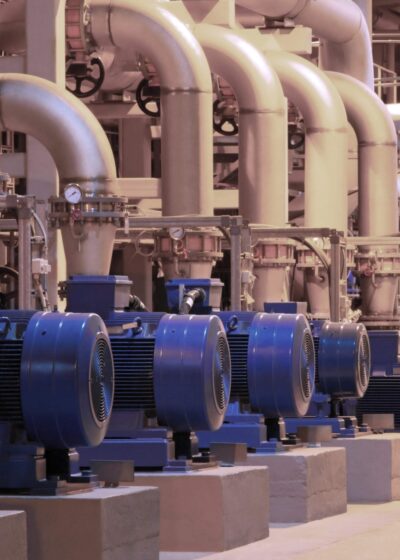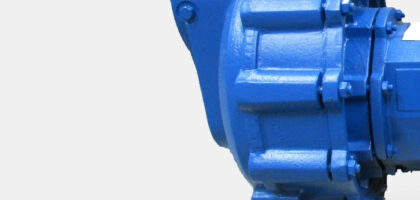
Close Coupled Centrifugal Pumps
Need help specifying the right centrifugal pump? Contact our pump experts today!
21 products
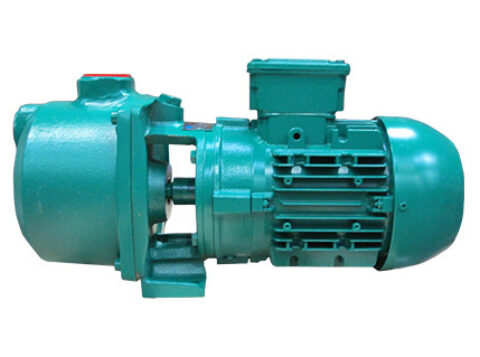
- Max Flow Rate: 300M³H
- Max Head: 105M
- Max Temperature: 130°C
- Max Viscosity: 200 cP
- Solids: 10mm
- Size: DN32 to DN150
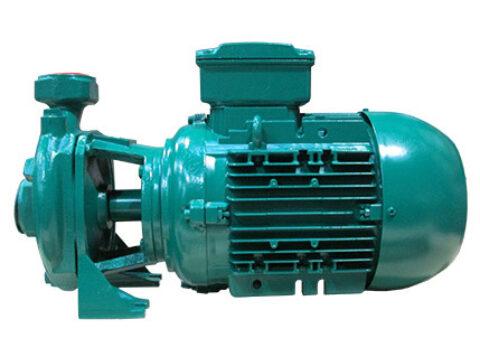
- Max Flow Rate: 75M³H
- Max Head: 50M
- Max Temperature: 80°C
- Max Viscosity: 200 cP
- Solids: 0mm
- Size: DN25 to DN80
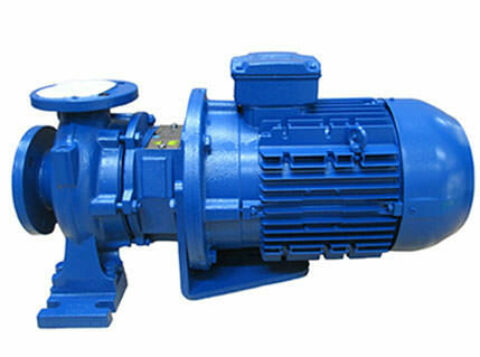
- Max Flow Rate: 500M³H
- Max Head: 100M
- Max Temperature: 120°C
- Max Viscosity: 200 cP
- Solids: 0mm
- Size: DN32 to DN150
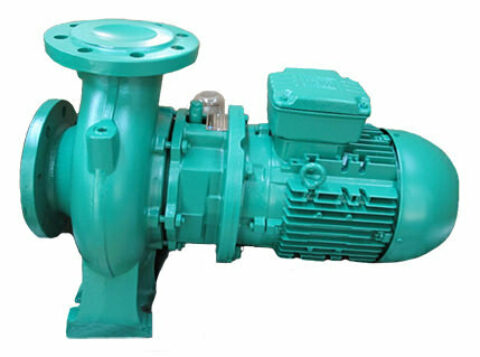
- Max Flow Rate: 500M³H
- Max Head: 30M
- Max Temperature: 100°C
- Solids: 200mm
- Size: DN50 to DN200

- Max Flow Rate: 700M³H
- Max Head: 100M
- Max Temperature: 120°C
- Max Viscosity: 200 cP
- Solids: 0mm
- Size: DN50 to DN250

- Max Flow Rate: 1500M³H
- Max Head: 130M
- Max Temperature: 130°C
- Max Viscosity: 200 cP
- Solids: 0mm
- Size: DN50-250

- Max Flow Rate: 1250lpm
- Max Head: 38M
- Max Temperature: 95°C
- Max Viscosity: 500cP
- Solids: 9mm
- Size: 1" to 2"

- Max Flow Rate: 583lpm
- Max Head: 25M
- Max Temperature: 95°C
- Max Viscosity: 150cP
- Solids: 0mm
- Outlet Sizes: 1" to 2"

- Max Flow Rate: Up to 3M³H
- Max Head: 60M
- Max Temperature: 50°C
- Max Viscosity: 200 cP
- Solids: 0mm
- Size: DN25

- Max Flow Rate: 7.2M³H
- Max Head: 52M
- Max Temperature: 50°C
- Max Viscosity: 200 cP
- Solids: 0mm
- Size: DN25 to DN32

- Max Flow Rate: 12M³H
- Max Head: 66M
- Max Temperature: 80°C
- Max Viscosity: 200 cP
- Solids: 0mm
- Size: DN25 to DN32
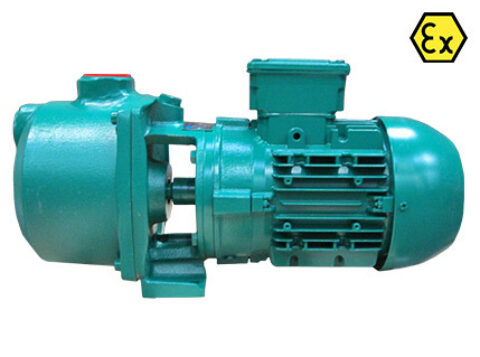
- Max Flow Rate: 300M³H
- Max Head: 105M
- Max Temperature: 130°C
- Max Viscosity: 200 cP
- Solids: 10mm
- Size: DN32 to DN150
FAQs
A centrifugal pump transfers the kinetic energy of the motor to the liquid by a spinning impeller. As the impeller rotates, it draws in fluid causing increased velocity that moves the fluid to the discharge point.
